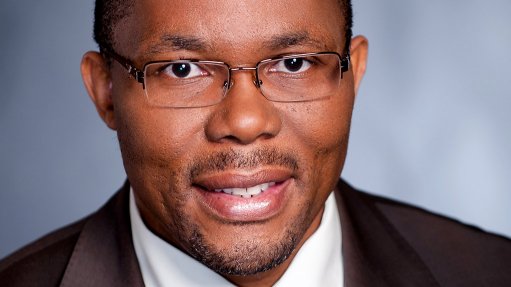
Cyril Xaba
KwaZulu-Natal MEC for Agriculture and Rural Development, Mr Cyril Xaba, handed over compensation of over R70 million to a Vryheid community who were forcefully removed to make way for the development of Emondlo Township. MEC Xaba praised the Trado B community for wanting to go back to their agricultural roots. The community whose land claim had been settled in 2007, initially asked for land instead of compensation. However after a six year search when suitable land in their district could not be found, they settled for compensation.
The Land Claims Commission re-verified all the claimants and on Saturday at an event in the Emondlo Community Hall, 153 households made up of 550 beneficiaries were awarded compensation for the amount of R70,003,553. Addressing the claimants, MEC Xaba said their removal under the infamous “Betterment,” policy represented one of the more shameful chapters in South Africa’s history. He said the apartheid government’s Betterment Planning Policy was used to create and arrange space in the former homeland areas.
Betterment areas were divided into distinct zones - for residential, planting and grazing usage - and people were forced to move into these zones. ”The Trado B Community were forcibly relocated to Emadresini which was set down as a residential zone under the Betterment Policy. In the process you lost residential, planting and grazing land which had been in the community for generations.
The tragedy of it all was that you were never compensated for your loss,” MEC Xaba said. The Trado B Community were forcibly relocated in 1962, the area taken from them was used for the development of Emondlo Township the next year in 1963. MEC Xaba quoted the Surplus People’s Project,” – a study on forced removals in South Africa, which said: "betterment has forcibly removed more people in more places with greater social consequences and provoking more resistance than any other category of forced removal in South Africa.” He reminded the claimants that before their land was taken away, members of Trado B community owned thriving farming enterprises and other businesses.
Issued by KwaZulu-Natal Agriculture and Rural Development